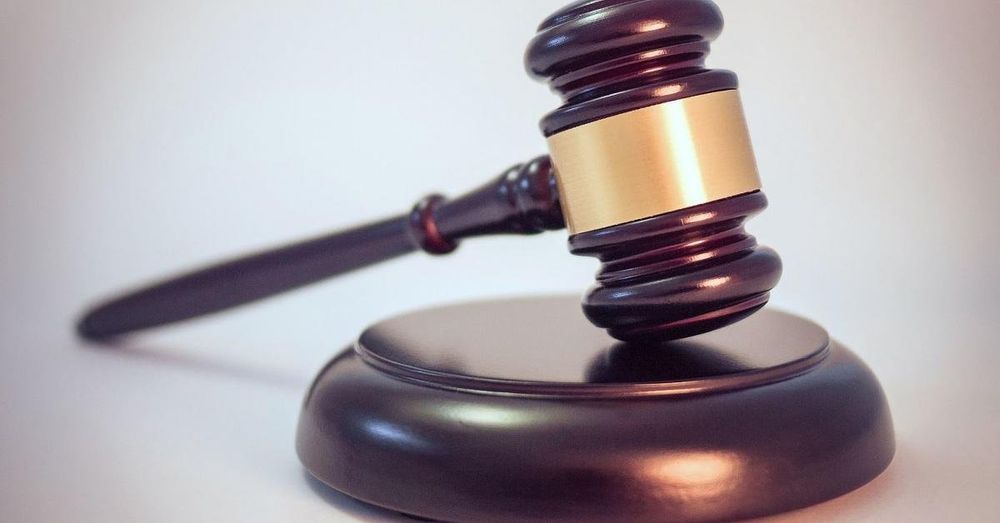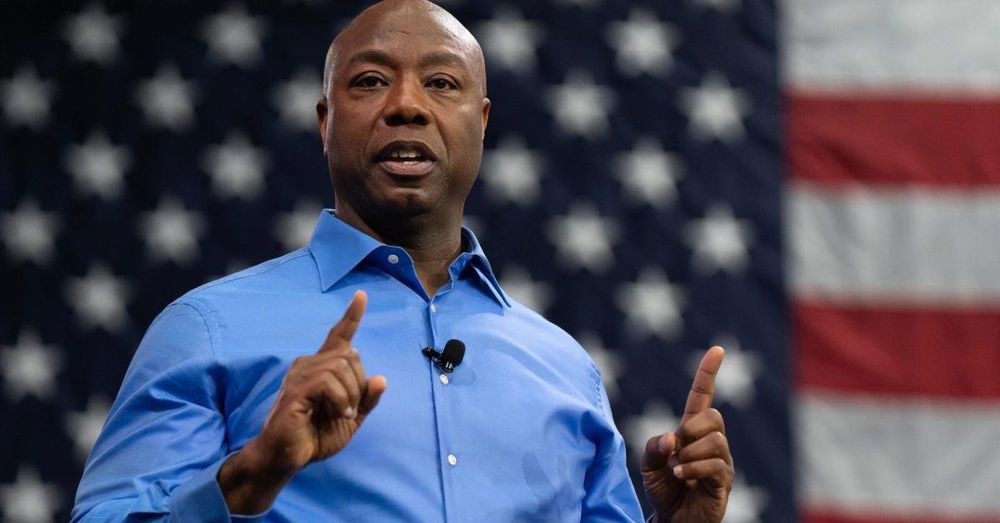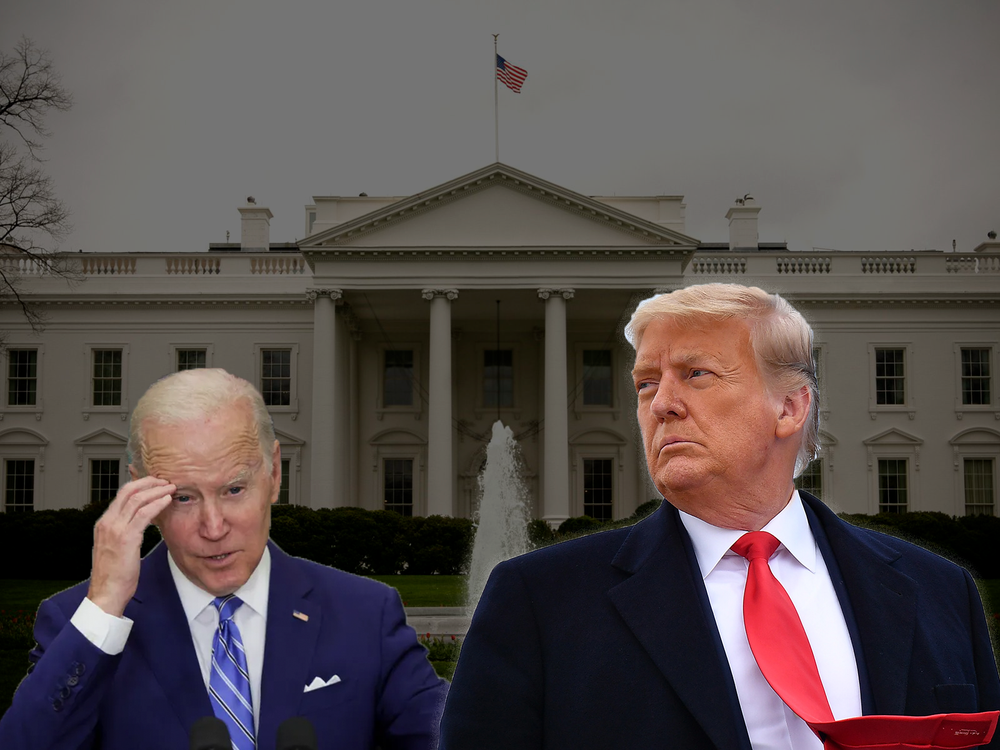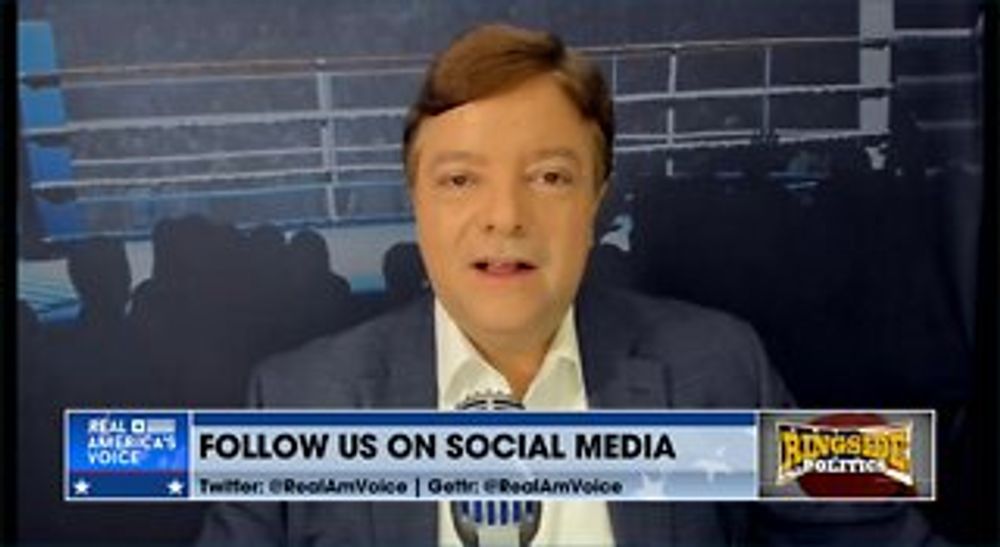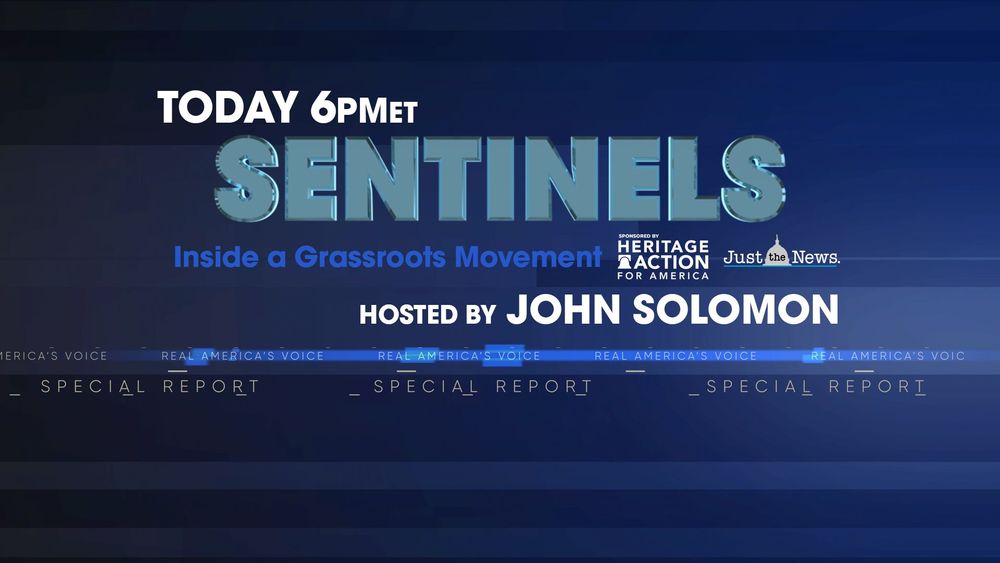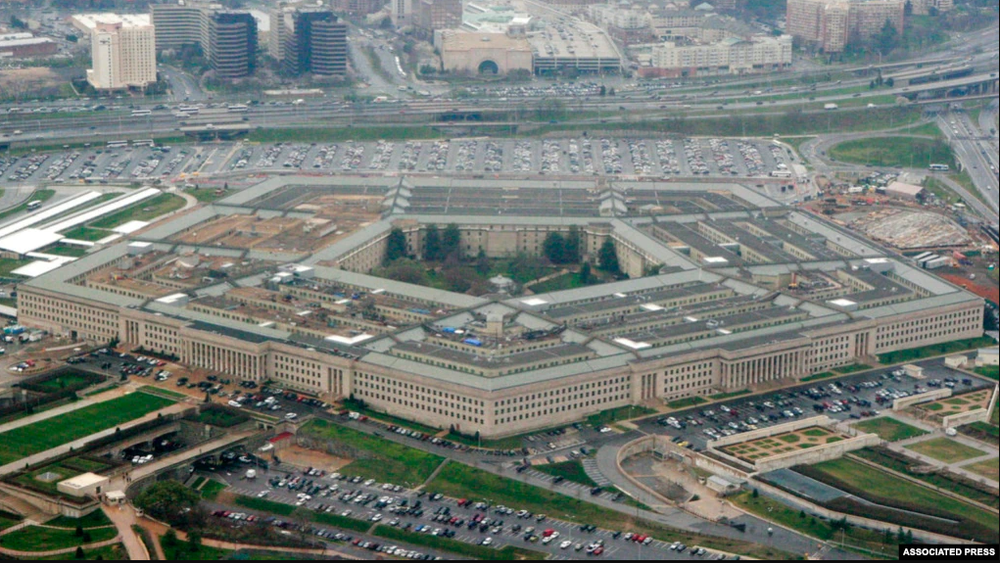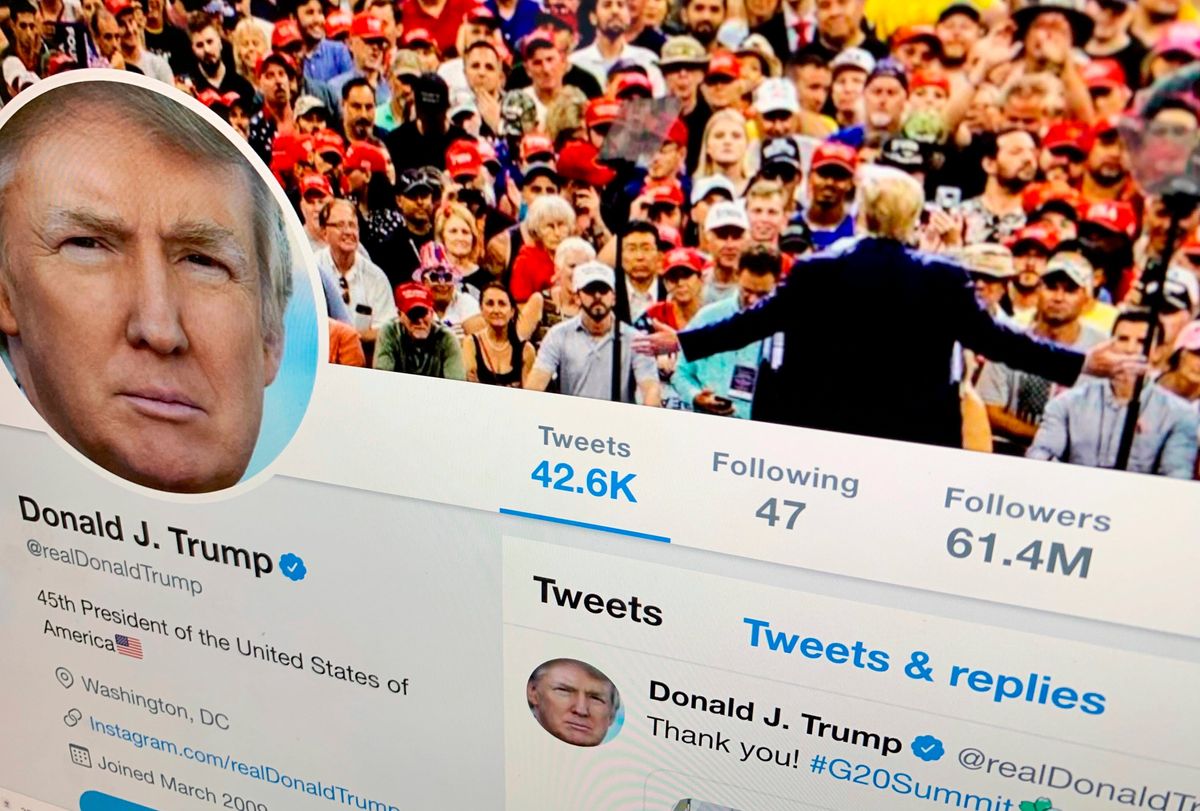
Trump Twitter Ruling Highlights Larger Problem
A U.S. court ruling that it is unconstitutional for President Donald Trump to block critics on Twitter has reignited criticism of politicians who ban detractors from their social media accounts.
A three-judge panel of the U.S. Court of Appeals in New York ruled unanimously Tuesday that because Trump's Twitter account is a "public forum," he can't block users who disagree with him. Since the earliest days of his administration, Trump has used Twitter to make on-the-fly policy, lash out at his critics and voice his opinion on virtually every subject. To many, his Twitter page has become the face of his presidency.
"The First Amendment does not permit a public official who utilizes a social media account for all manner of official purposes to exclude persons from an otherwise-open online dialogue because they expressed views with which the official disagrees," Judge Barrington Parker wrote on behalf of the panel.
Lesson for politicians
While Parker stressed the ruling does not extend to all social media accounts operated by public officials, First Amendment advocates said the decision nonetheless serves as a lesson to politicians who block critics from "private" social media accounts that often double as communication platforms with the public. There are at least a half-dozen other lawsuits pending against U.S. politicians, from county officials to governors, who have sought to silence their critics on social media.
"We hope that as a result of this decision, public officials will take note and recognize that they need to be able to withstand criticism from their constituents," said Carrie DeCell, a staff attorney with the Knight First Amendment Institute at Columbia University, which two years ago filed the lawsuit that led to Tuesday's ruling.
Esha Bhandari, a staff attorney with the American Civil Liberties Union, which has filed similar lawsuits against public officials, said the ruling should remind politicians that "blocking critics from an official social media account is unconstitutional."
"Social media is the new town hall — once an official opens either up to the public, they can't selectively exclude those whose views they disagree with," Bhandari said.
Trump has nearly 62 million followers on Twitter. His tweets are widely shared, sometimes hundreds of thousands of times, generating both deep praise and harsh criticism — all out on a free-for-all, no-holds-barred platform.
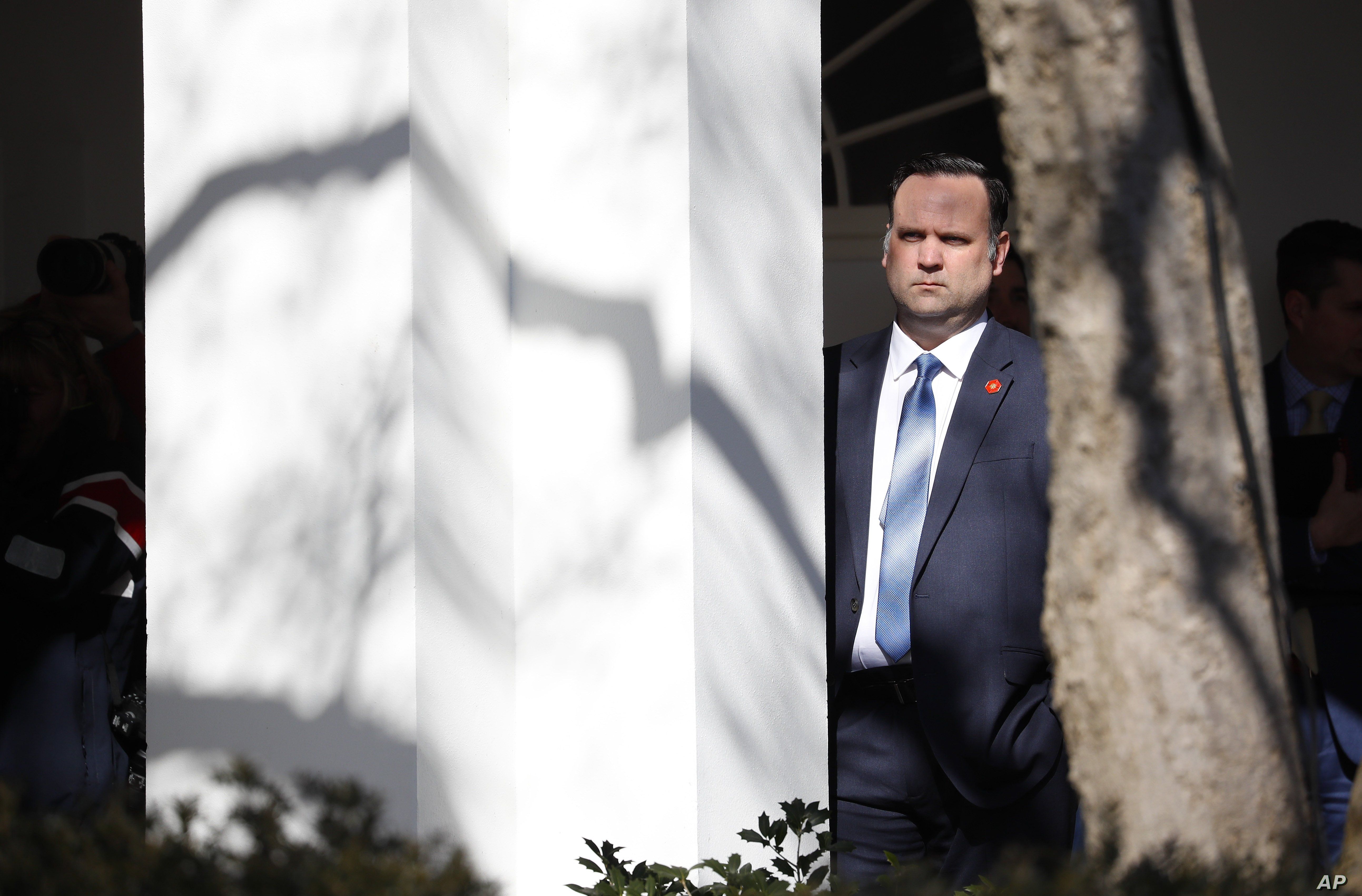
Despite the freewheeling nature of his Twitter page, Trump, who runs the account with the help of his social media director, Dan Scavino, is known to have banned several dozen followers in recent years.
The lawsuit was brought in July 2017 on behalf of seven followers blocked by Trump and centered on whether the First Amendment applied to @realDonaldTrump Twitter account.
Government lawyers representing Trump argued in court that it did not because Trump's account was "private" and that he used it exclusively as "a vehicle for his own speech."
But lawyers for the plaintiffs argued that the account is for all practical purposes a "public forum" and that Trump violated the seven individuals' First Amendment rights by banning them from his page.
Both a district court in May 2018 and the appeals court on Tuesday agreed with the plaintiffs. After the district court ruling, all seven plaintiffs were quietly unblocked from Trump's Twitter account. In addition, the Knight Institute asked for the unblocking of 20 to 30 others who had been banned by Trump. Most of those, too, were unblocked, DeCell said.
Trump is not the only politician sued over blocking social media critics. The ACLU is suing officials in Kentucky, Maine, Maryland and Virginia on behalf of constituents who were blocked on social media. In addition, it has sent letters to politicians in Nebraska and New York to unblock users or face lawsuits.
Demanding to be unbanned
In April, the New York Civil Liberties Union sent a letter to Republican Congressman and Trump ally Peter King demanding that he "unban" dozens of constituents on Facebook.
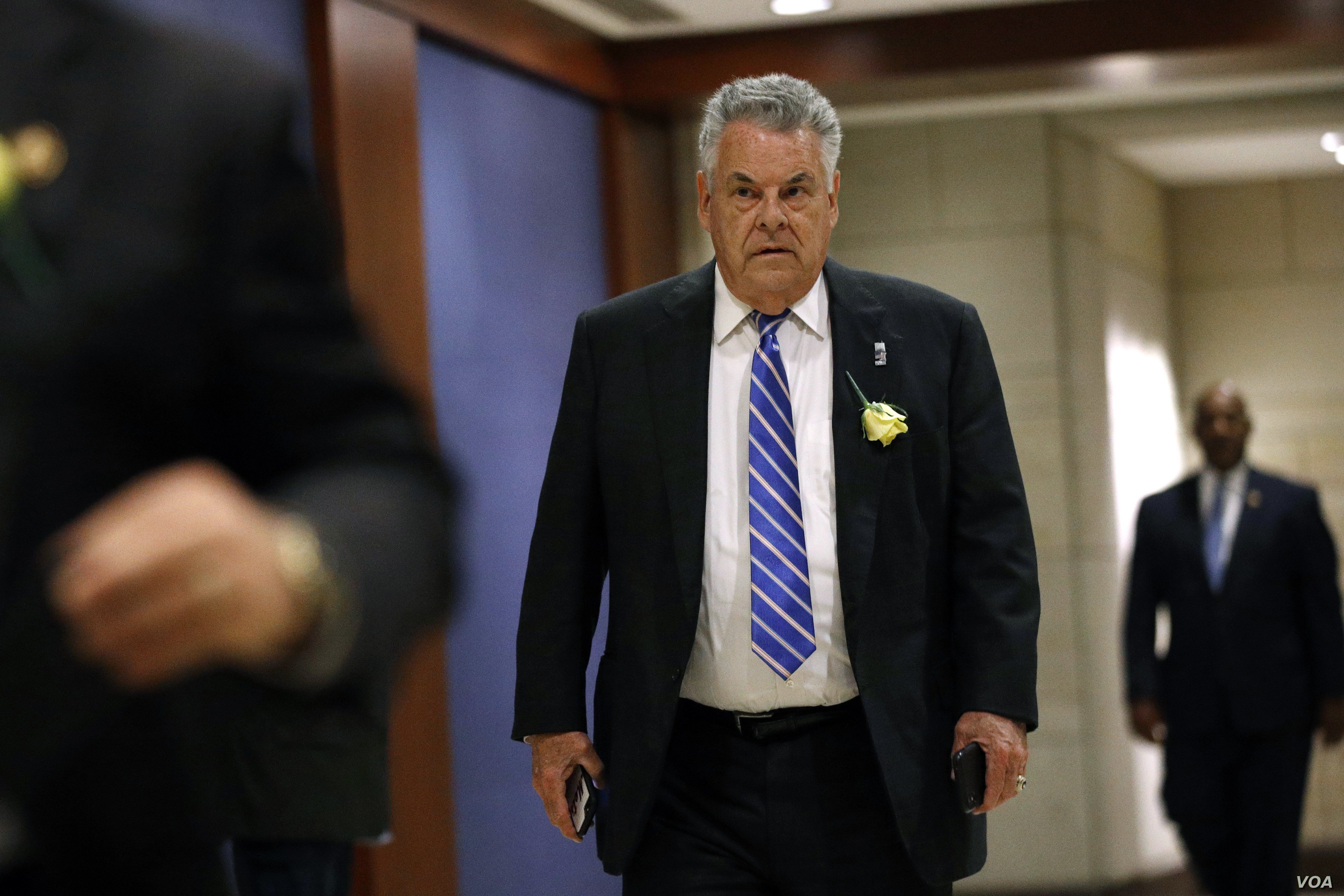
King had argued that he had the right to block people from the "Congressman Peter King" Facebook page because it was a campaign account, and not one used for his congressional work. But the ACLU countered, "King wrapped the page in the trappings of his office and used it as a tool of governance."
In response, King in May created a new, official Facebook page that will not ban users based on their views while continuing to use his original page for campaign purposes.
"We are pleased that the congressman agreed to launch a new Facebook page that will serve as his official government account from which he will not block users," said Antony Gemmell, a staff attorney at the NYCLU."Similar to [Tuesday's] ruling on the president blocking people from his Twitter account, the congressman cannot block people from his official government Facebook page simply because he disagrees with their opinions."
The Justice Department said it was "disappointed" with the appeals court's decision and was "exploring possible next steps."
"As we argued, President Trump's decision to block users from his personal Twitter account does not violate the First Amendment," DOJ spokesperson Kelly Laco said.
Hans von Spakovsky, a legal affairs fellow with the conservative Heritage Foundation, said the appeals court made "a very basic mistake of law and a basic factual mistake" and that the Justice Department should appeal the decision.
"The First Amendment only applies in a public forum such as a public park," von Spakovsky said. "But Twitter is not a public forum. Twitter is a private company."
 Judge Blocks Government Lawyers From Quitting Census FightNext PostBiden and Wife Made More Than $15M After Leaving Office
Judge Blocks Government Lawyers From Quitting Census FightNext PostBiden and Wife Made More Than $15M After Leaving Office
